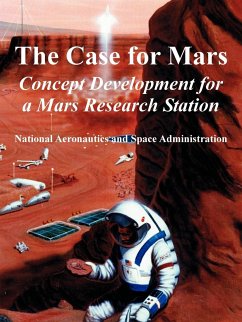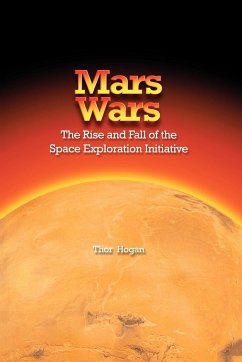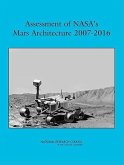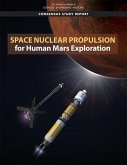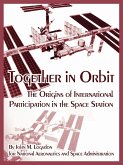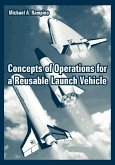This document describes a program to establish a permanent scientific research base on Mars. We present a Mars base as the much needed long-term focus for the space program. A permanent base was chosen rather than the more conventional concept of a series of individual missions to different sites because the permanent base offers much greater scientific return plus greater crew safety and the potential for eventual growth into a settlement. The Mars base will strive for self-sufficiency and autonomy from Earth . Martian resources will be used to provide life support materials and consumables. The Martian atmosphere will provide a convenient source of volatiles: CO2, N2, and water. Rocket propellant (for returning vehicles), fuels, breathable air, and fertilizers will be manufactured from Mars air. Food will be grown on Mars using Martian materials as plant nutrients. A permanent human presence will be maintained on Mars beginning with the first manned landing via a strategy of crew overlap. This permanent presence will ensure safety and reliability of system through continuous tending, maintenance, and expansion of the base's equipment and systems. A permanent base will allow the development of a substantial facility on Mars for the same cost (in terms of Earth departure mass) as a series of temporary camps. A base equipped with surface rovers, airplanes, and the ability to manufacture consumables and return propellant will allow far more extensive planetary exploration over a given period of years than would an approach that featured a series of short exploration missions such as the Apollo Moon program.
Hinweis: Dieser Artikel kann nur an eine deutsche Lieferadresse ausgeliefert werden.
Hinweis: Dieser Artikel kann nur an eine deutsche Lieferadresse ausgeliefert werden.

